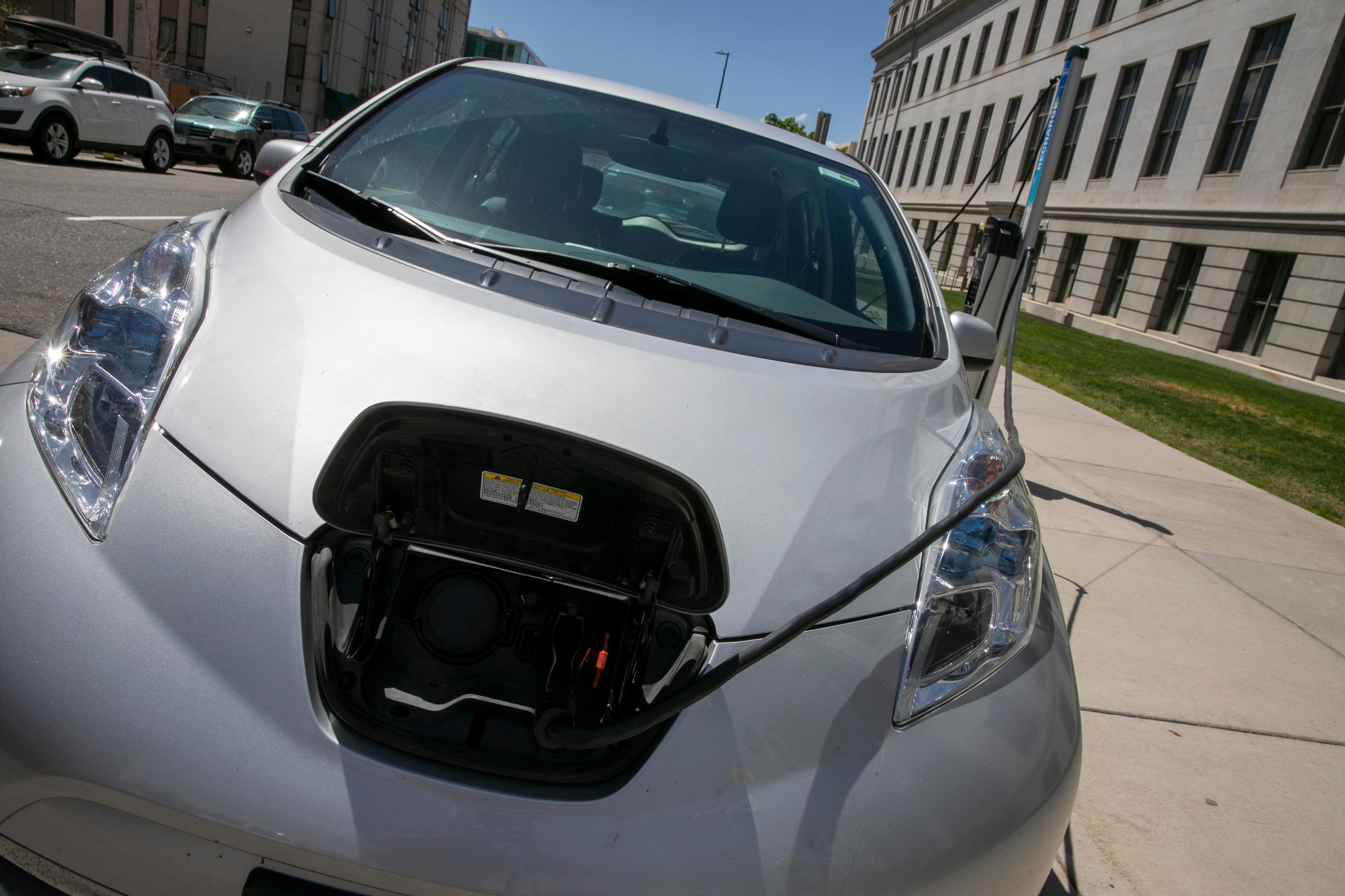
After more than six years of legal snags and delays, a set of local governments in Colorado have cleared a major hurdle in a landmark lawsuit seeking to hold Exxon Mobil and Suncor Energy accountable for damages caused by climate change.
Judge Robert R. Gunning, a district court judge hearing the case in Boulder, rejected requests from both companies to dismiss the lawsuit on Friday. The ruling allows the case to proceed, setting the stage for a trial that will consider whether fossil fuel companies should pay some of the costs related to climate-related disasters like floods and wildfires.
Boulder County first filed the lawsuit in 2018 in cooperation with the City of Boulder and San Miguel County. The complaint argues Exxon Mobil and Suncor Energy spent decades misleading the public about the dangers of unchecked fossil fuel consumption. The lawsuit further demands the companies pay unspecified financial damages to fund local efforts to recover from recent climate-related disasters and brace for more frequent climate-fueled catastrophes in the future.
The lawsuit cites the 2010 Fourmile Canyon fire and 2013 floods as examples of climate disasters in Boulder County. The case was filed before the Marshall fire swept through the area in the winter of 2021, incinerating more than 1,000 homes and causing more than $2 billion in damage in what is now considered the most destructive wildfire in state history.
“Climate change affects every single person in the community,” said Boulder County Commissioner Ashley Stolzmann. “What lawsuits can do is help to shift the cost burden because low-income, poorer families shouldn't have to bear the cost of this crisis we're facing alone.”
Representatives for Exxon Mobil and Suncor Energy did not immediately respond to CPR News’ request for comment. In response to similar lawsuits across the country, oil and gas companies have said they agree it’s time to address climate change but argue that courtrooms are the wrong venue for major policy debates.
The Boulder climate damage lawsuit has also been delayed by both companies’ attempts to push the case into federal court. Those efforts failed last year after the U.S. Supreme Court declined to hear the lawsuit, clearing a path for the case to proceed in state court.
The recent ruling comes as more than 20 state and local governments have filed similar lawsuits against fossil fuel companies. Boulder is among the first to prevail against motions to dismiss from Exxon Mobil and other defendants, joining Honolulu and Annapolis, Md., along with the states of Massachusetts and Delaware.
“This means that the Boulder case can go to trial and it will be decided by a jury, which is a terrifying idea for the industry," said Richard Wiles, the president of the Center for Climate Integrity, an advocacy group that provides legal and communication support to communities suing oil companies.
Wiles expects Boulder’s case might not reach trial for up to two years. That delay will provide time for an extended discovery process, which he hopes could force Exxon Mobil and Suncor Energy to reveal new information about their past efforts to delay climate action.
While San Miguel County was a part of the initial legal complaint, a separate Colorado state court will hear its arguments against the companies later this year.







